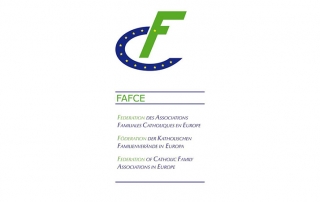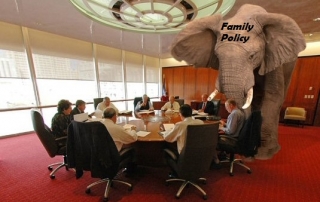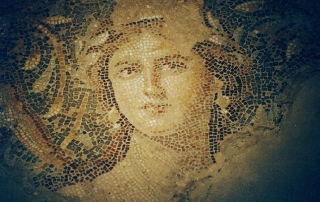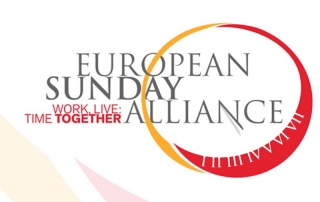European Union
Although family-policies are a national competence and greatly vary across the 27 EU Member-States, the European Union can play an important role in promoting family-friendly policies. FAFCE supports in this direction the daily work of the different EU bodies:
- European Parliament: composed of representatives directly elected by the EU citizens, it participates to produce the EU legislation with the European Council and the European Commission.
- European Council: composed of the EU heads of state or governments, it defines the EU’s political directions and priorities.
- European Commission: composed of designated Commissioners led by a President, it is responsible for proposing legislation, implementing decisions, upholding the EU treaties and managing the day-to-day business of the EU.
- Council of the European Union: composed of Ministers from each Member-States, it meets regularly to discuss specific points on the EU legislation and coordinate EU policies.
- Economic and Social European Committee: composed of representatives of civil society (workers’ and employers’ organisation, interest groups, etc.), this EU advisory body issues opinions on EU issues.
- Committee of the Regions: composed of locally and regionally elected representatives, this EU advisory body produces opinions on EU legislation that directly impact regions and cities.
New EU Regulation on Data Protection
The General Data Protection Regulation (GDPR), a protection of all european citizens’ personal data. Facing the massive development of data - big data -, the European Union decided to specify the modalities of data protection. In view of
A question of time – volunteering, social and civic engagement in a connected society
Brussels, 22 February 2018 The European Sunday Alliance organised in the European Parliament a breakfast meeting on the role of common free time for civic engagement and volunteering. The event, hosted by the MEPs Evelyn Regner (S&D) and
Family policy: the elephant in the room of social rights
On 11 September 2017 a public hearing on the ‘Impact of the social dimension and the European Pillar of Social Rights on the Future of the European Union’ was organised by the European Economic and Social Committee (EESC) in
Press release | Audiovisual Media Services Revision adopted in the Committee: need for a stronger action against pornography
FAFCE expresses its deep concern regarding the vote that took place this week, on 25 April, in the Culture and Education Committee (CULT) of the European Parliament on the review of the Audiovisual Media Services Directive. More than 1300 amendments
Press Release | Protect the dignity of women, prevent pornographic addiction!
As the International Day of Women is observed in political institutions across the world today, the European Federation of Catholic Family Associations (FAFCE) wishes to draw attention to the dignity of women and the attacks against it through
Press release | 3 March: European Day for a Work-Free Sunday
Brussels, 2 March 2017 Tomorrow is the European Day for a Work-Free Sunday and the European Federation of Catholic Family Associations (FAFCE), in the framework of the European Sunday Alliance, wishes to raise awareness on the importance of preserving the Sunday
Protecting Minors from Pornography – Speech of Maria Hildingsson, Secretary General of FAFCE, at the European Parliament
Protecting minors from pornography Maria Hildingsson, Secretary General of FAFCE European Parliament, Brussels, 8 February 2017 Why would one not protect children from pornography? We have heard about the consequences of the exposure of children to pornography and
European Parliament Rejects a Proposal for a Report on Surrogacy
FAFCE welcomes today’s rejection by the European Parliament of a proposal for a report on surrogacy, which could legitimise this practice. In fact, the Legal Affairs Committee had demanded authorisation to start a report about this issue, from
Press Release | Exposure of Children to Pornography: call to improve EU Legislation
Today a conference on the Exposure of Children to Pornography will take place at the European Parliament, to raise awareness on this issue of concern for parents and families in Europe. On this occasion FAFCE launches a call to the Members of the European Parliament
European Parliament Calls for Automatic Recognition of Adoptions between EU Member States
On 2 February, the European Parliament adopted a resolution on Cross-border Aspects of Adoptions, regarding the mutual recognition of domestic adoptions between EU Member States. The resolution calls on the European Commission to begin a legislative procedure in view








